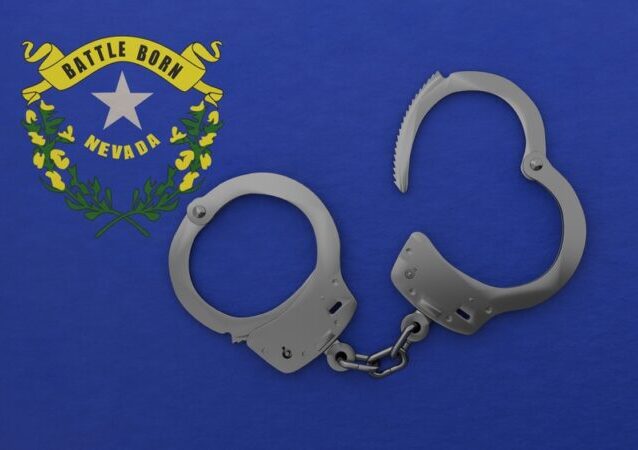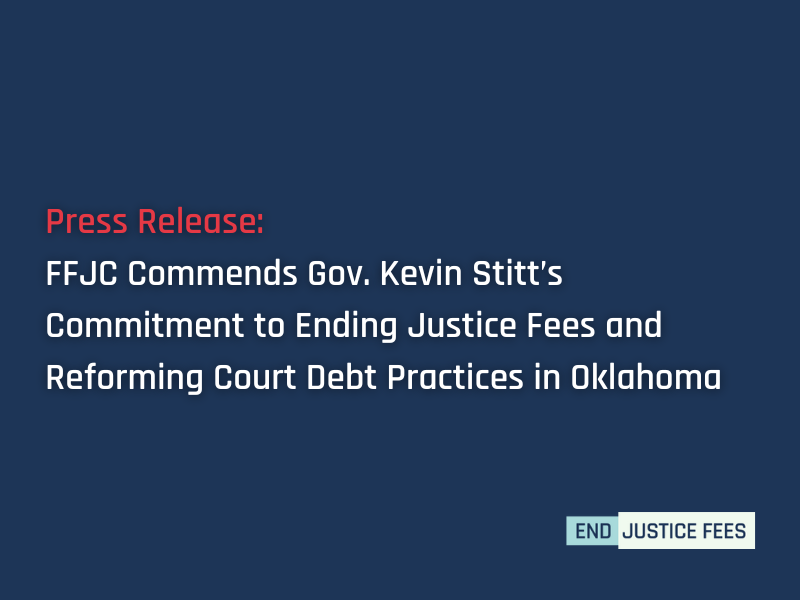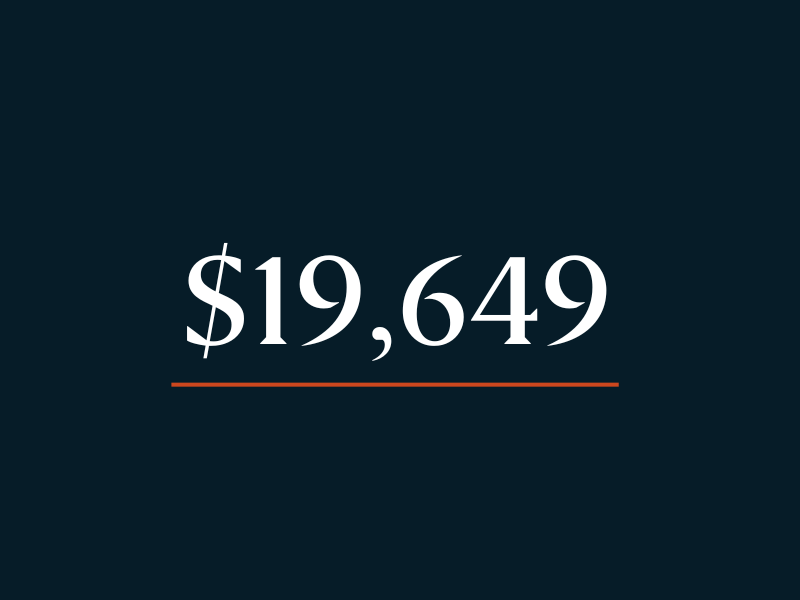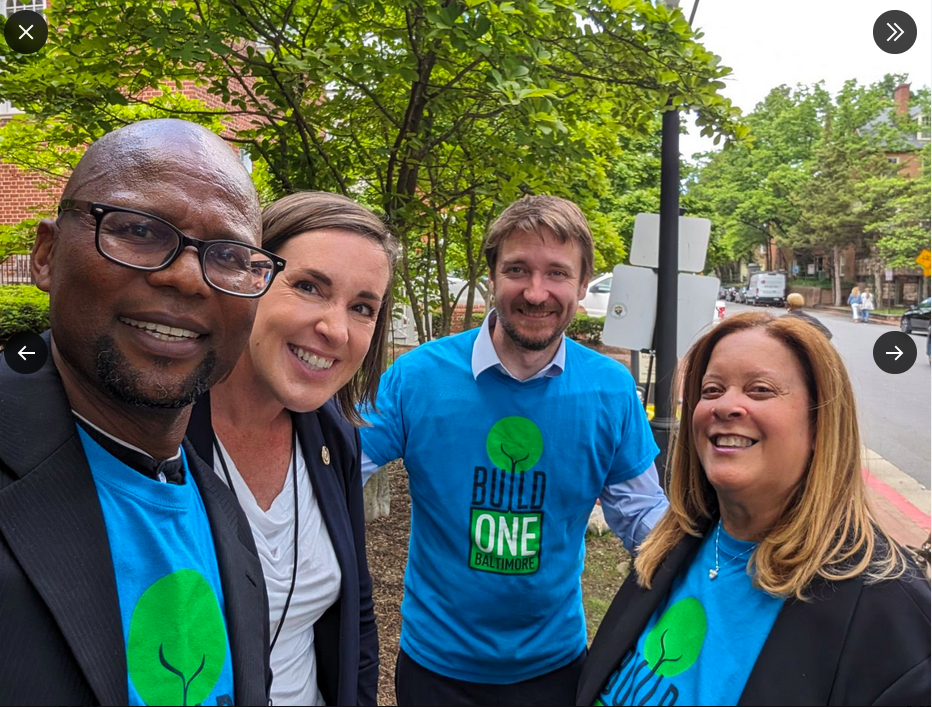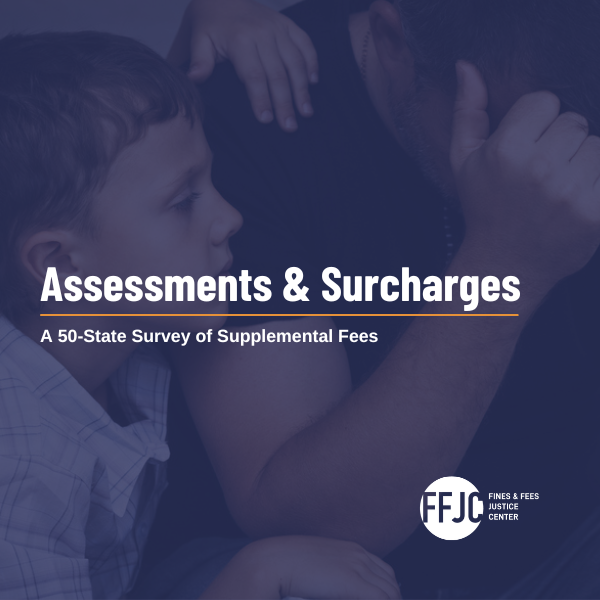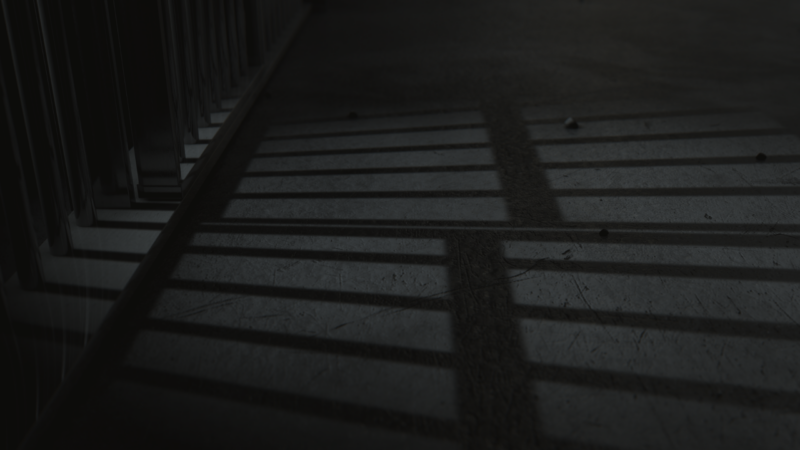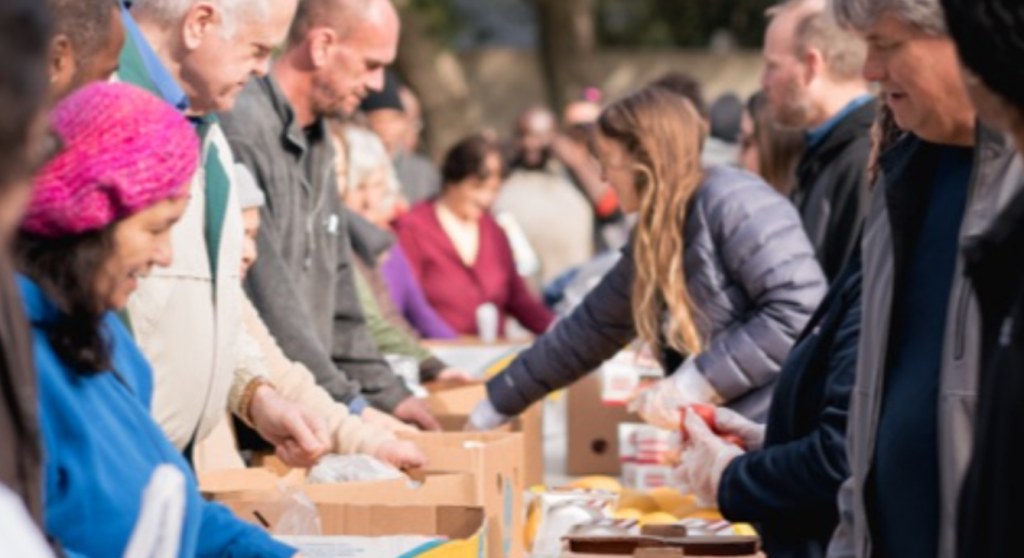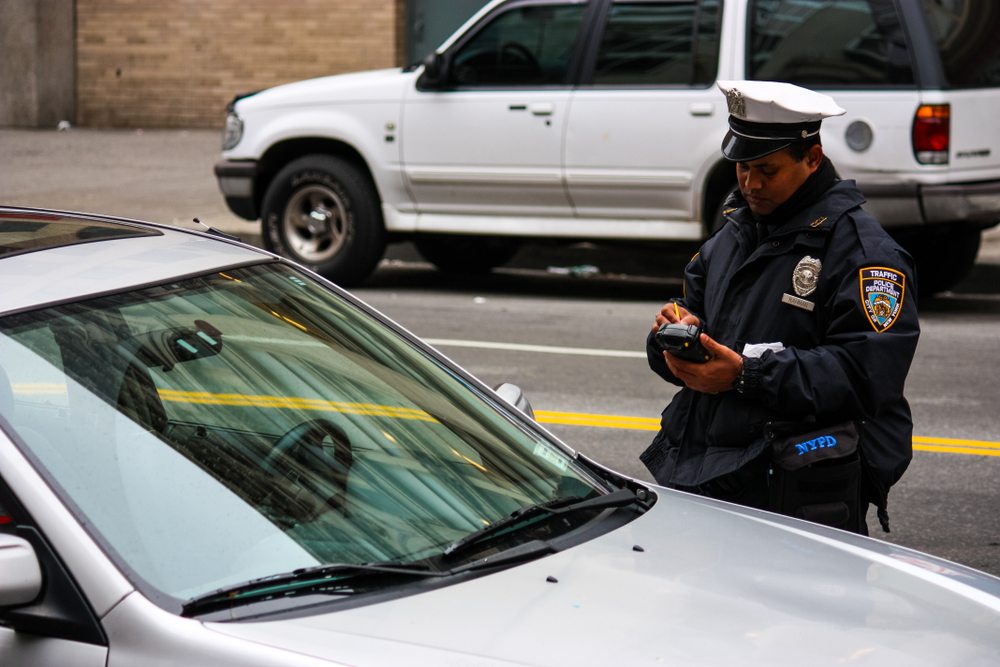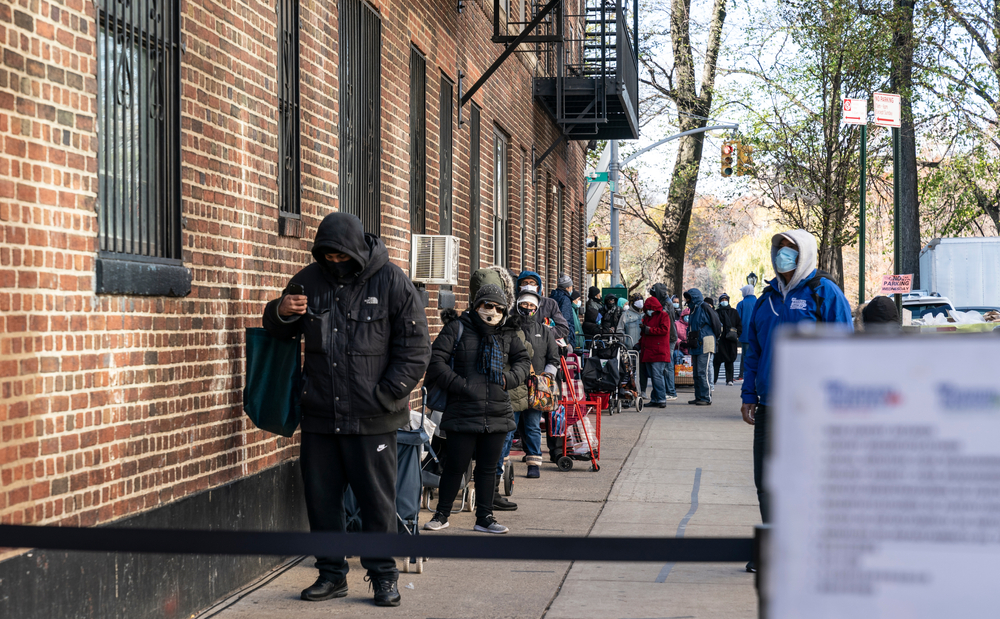By Nick Shepack, Nevada State Deputy Director, Fines and Fees Justice Center
Most people probably assume that necessities like food and emergency medical care are provided for people locked up in prisons and jails. In Nevada, they come at a steep cost — and it’s struggling families on the outside who are paying exorbitant prices to provide for their incarcerated loved ones, while the Department of Corrections (DOC) makes outrageous profits.
Nicole Williams learned this the hard way. As a human resources manager near Carson City, Williams’ salary is often not enough to support her 3-year-old son and her husband, who has been incarcerated for the past two years for a nonviolent drug offense.
“There are fees for every little thing — to send money, fees to put money on the phone, fees to send packages to him,” says Williams, who testified last month at an Interim Judiciary Committee hearing. “The list of fees goes on and on and on.”
People in custody have what are known as commissary accounts. Family and friends can deposit money into a loved one’s account, and if an incarcerated person is able to work while in prison, their meager wages (between 30 cents to $1/hour) are also deposited there.
The money in the accounts is used to pay for food, like a cup of ramen or a bag of nuts, to supplement the substandard quality of food available in prisons. Basic hygiene items, like shower shoes and tampons, must also be purchased from these accounts. The DOC also deducts a slew of other fees from commissary accounts, including a room and board fee if a person has a prison job.
The vast majority of money on prison commissary accounts is provided by family members, and the vast majority of those families are struggling to provide basic necessities for themselves and their children. Thousands of Nevada families like Williams’ go into debt trying to pay the high costs of incarceration of their loved one. Meanwhile, the DOC racks up inflated profits.
Data obtained from DOC reveals that food, hygiene products and medical care are marked up as much as 66%. Indeed, DOC data shows the Department made over $2.8 million dollars in net profits in 2021 just from its commissary sales.
What does this mean for Nevada families?
“I often have to decide whether to pay a bill or put money in my husband’s account,” says Williams. “I literally go without so he doesn’t go to sleep starving.”
In 2010, a law was passed requiring the DOC to specify how they price items and present that pricing policy to the public for input. More than decade later, no such policy exists.
“I have looked at other neighboring states and researched their food prices and package costs and they are so much lower than Nevada. Same vendor too! I truly don’t understand the greed,” adds Williams.
The DOC also charges inflated costs for medical care. Twelve states, including Nebraska, Wyoming, Missouri and Montana, do not charge any medical copay — while Nevada charges the highest copay in the country ($8), over twice the national average. Eight dollars might not sound like a lot for a co-pay, but based on prison wages, it’s the equivalent of a $400 co-pay for a person who earns $50,000.
Nevada also has the highest emergency medical care fees in the nation — if a person is too sick or injured to get to the infirmary, DOC charges a “man-down” fee that can be over $50. And, when you leave prison, it’s often with medical debt — not only the co-pays, and man-down fees, but the total cost of your medical care. A recent state audit found that DOC charged one individual over $100,000 in medical debt when he was released.
With low prison wages and high prices, the burden of caring for incarcerated people in Nevada falls squarely on families. In 2021, incarcerated individuals had over 11 times as much money deposited on their books from friends and families as they did from prison wages. The DOC’s profits are keeping hard-working families in poverty. Children, who are already suffering when a parent is incarcerated, are going without.
During the July meeting of the Joint Interim Judiciary Committee, many of our concerns were shared by our elected officials. In the coming year, it’s incumbent on Nevada lawmakers to eliminate the exorbitant fees that are trapping many hard-working families in a cycle of poverty and punishment. This must be accompanied by comprehensive regulation of the Nevada Corrections Department’s fiscal processes, to ensure that the DOC stops profiting off vulnerable Nevada families and doesn’t shift cost-savings in one area to another.
With the unanimous passage of SB22 in 2021, which capped deductions on family deposits, the legislature took an important step toward financially protecting the families of the incarcerated — but without comprehensive regulation, DOC will continue to profit off Nevada families.
There’s overwhelming evidence that family connection is a key factor for successful reentry — and with no video visitation and many Nevada prisons located in rural, hard-to-reach places, sending in money for commissary or a package is one of the few ways families have of staying connected and showing love.
“It is very important to me because I know if I was on the other side my husband would do it for me,” says Williams. “We’re a team and he’s my best friend.”
It’s long past time for Nevada to enact common-sense reforms to end these backdoor taxes on hard-working Nevada families. Nevada has far more equitable — and efficient — ways of funding its government.
This piece originally appeared in The Nevada Independent.

